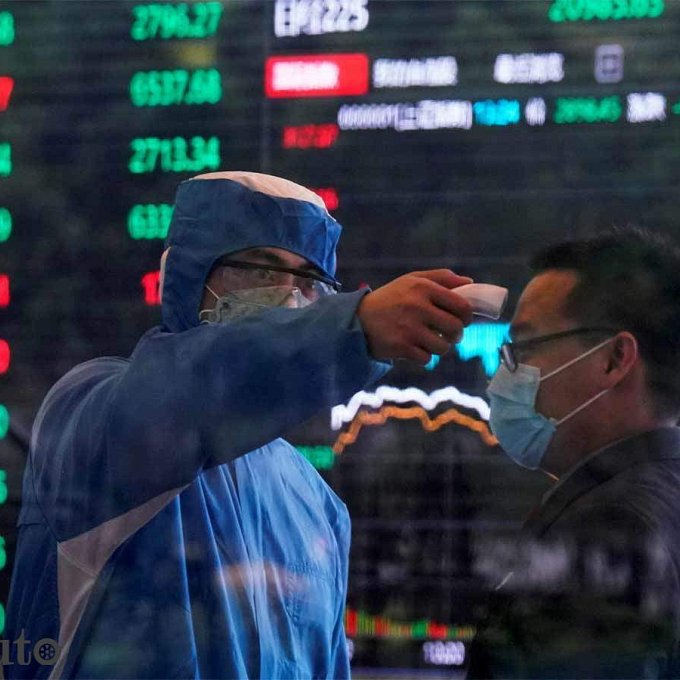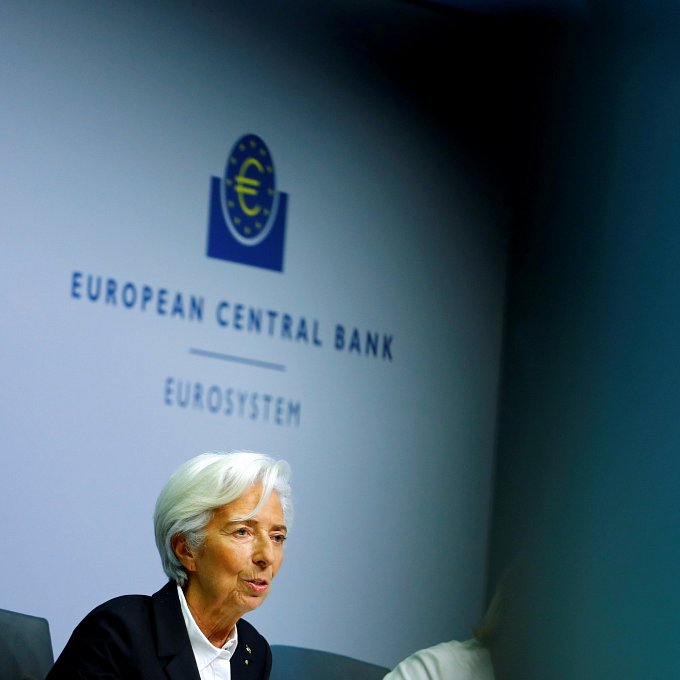The euro declined against the U.S. dollar on Monday as investors continued hoarding dollars in a bid to stay liquid amid a worsening coronavirus epidemic. A rising tide of national lockdowns and restrictions on travel and daily life has heightened fears of a deep recession, overshadowing efforts by policymakers to soften the blow. Despite recent easing measures by the U.S. Federal Reserve, the dollar has maintained its strength as the uncertainty around the virus spread and its impact has accelerated the flight to cash and pushed investors to liquidate holdings across asset classes. Sterling declined against the dollar as investors dumped currencies they consider riskier to own amid the coronavirus pandemic. Sterling has been under pressure because of a massive wave of selling of most currencies other than the dollar, which is the world’s most liquid currency and the safe haven of choice when confidence evaporates from financial markets. The pound has also been hit by investor concerns that Britain’s approach to dealing with the virus, which has seen a more staggered disruption to economic and everyday life than in other countries, is not the right one.
Looking ahead, it’s a particularly busy day ahead on the Eurozone economic calendar. March prelim private sector PMIs are due out of France, Germany, and the Eurozone. From the U.S, private sector PMIs for March are also in focus and, while we may see slightly better numbers, there will likely be worse to come. On the political front, there will also be the U.S stimulus package to consider. A passing of the Bill would be market positive.






